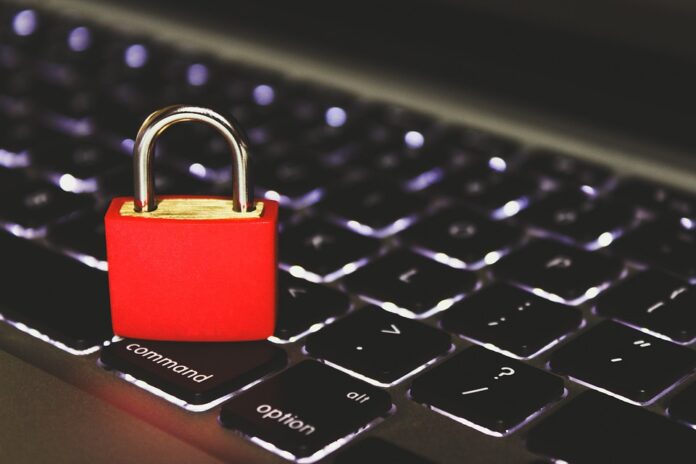Mastering Incident Response Communication: How to Keep Your Team in Sync
Effective communication is key in managing and resolving incidents in any organization. In times of crisis, clear and timely communication can make all the difference in preventing further damage and ensuring a swift resolution. This is why mastering incident response communication is crucial for any team that deals with incidents on a regular basis.
Establishing a Communication Plan
The first step in mastering incident response communication is to establish a clear communication plan. This plan should outline how information will be shared, who will be responsible for communicating updates, and what channels will be used to disseminate information. By having a well-defined communication plan in place, your team can ensure that everyone is on the same page and that critical information is shared efficiently.
Designating a Communication Lead
In the event of an incident, it is important to designate a communication lead who will be responsible for coordinating communication efforts. This individual should be someone who is calm under pressure and can effectively disseminate information to the rest of the team. By having a designated communication lead, your team can ensure that updates are communicated in a timely and consistent manner.
Utilizing Multiple Communication Channels
When it comes to incident response communication, it is important to utilize multiple communication channels to ensure that information reaches all team members. This can include email, instant messaging, phone calls, and even in-person meetings. By using a variety of communication channels, your team can ensure that critical information is received by everyone who needs it.
Encouraging Feedback and Collaboration
Effective communication is a two-way street, which is why it is important to encourage feedback and collaboration within your team. By creating a culture of open communication, team members will feel more comfortable sharing their thoughts and ideas, which can lead to more effective incident response efforts. Additionally, collaboration can help team members work together to solve complex problems and ensure that incidents are resolved quickly and efficiently.
Training and Practicing Communication Skills
Finally, mastering incident response communication requires training and practice. By providing your team with communication training and conducting regular drills and simulations, you can ensure that everyone is prepared to communicate effectively in the event of an incident. Practicing communication skills can help team members become more confident in their abilities and better equipped to handle any situation that may arise.
Conclusion
Effective incident response communication is essential for any team that deals with incidents on a regular basis. By establishing a clear communication plan, designating a communication lead, utilizing multiple communication channels, encouraging feedback and collaboration, and training and practicing communication skills, your team can ensure that everyone is in sync and ready to respond to any incident that may occur.
Frequency Asked Questions
Q: Why is effective communication important in incident response?
A: Effective communication is important in incident response because it allows team members to share critical information, coordinate efforts, and resolve incidents quickly and efficiently.
Q: How can I improve incident response communication within my team?
A: You can improve incident response communication within your team by establishing a clear communication plan, designating a communication lead, utilizing multiple communication channels, encouraging feedback and collaboration, and training and practicing communication skills.


